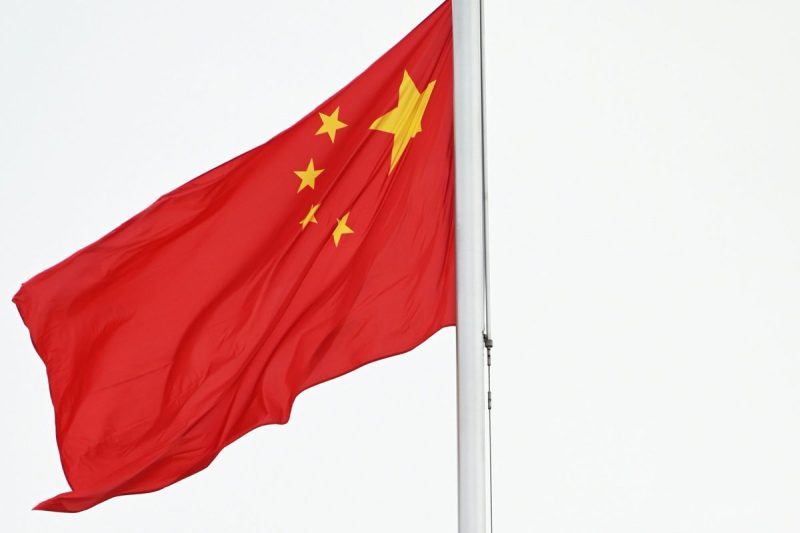China Tightens Grip on Strategic Minerals with New Antimony Export Controls
China has long been known as a dominant player in the global mineral market. Recently, the country has tightened its control over the export of antimony, a strategic mineral that holds critical importance in various industries. The move has raised concerns among other nations that heavily rely on antimony imports for their manufacturing processes.
Antimony, a silvery-white chemical element, is widely used in flame retardants, batteries, ceramics, and various other industrial applications. Its unique properties make it an essential component in many products, especially in the electronics and automotive industries.
China accounts for a significant portion of the world’s antimony production, with a reported 80% of global reserves. By imposing stricter export controls on antimony, China aims to secure its dominance in the global antimony market and maintain a strong grip on the supply chain. This move has sparked worries among countries that depend on antimony imports, as disruptions in the supply chain could have severe implications for their industries.
The new export controls on antimony by China highlight the growing trend of strategic minerals becoming tools of geopolitical influence. As China continues to strengthen its control over key resources, other nations are facing challenges in ensuring a stable supply of critical minerals for their industrial needs.
In response to China’s tighter grip on antimony exports, countries are looking into diversifying their sources of strategic minerals and reducing dependency on a single supplier. Initiatives to explore new mining projects, promote recycling of minerals, and establish partnerships with alternative suppliers are being considered to mitigate the risks posed by China’s dominance in the mineral market.
The issue of strategic mineral control is increasingly becoming a topic of discussion among policymakers, industry experts, and stakeholders across the globe. As countries navigate the complexities of securing a stable and diversified supply chain for critical minerals, strategic collaborations and innovation in resource management are likely to play a key role in addressing these challenges.
In conclusion, China’s new export controls on antimony underscore the importance of strategic mineral resources in global trade and geopolitics. The move serves as a reminder for countries to reassess their mineral supply chains and explore avenues for reducing dependency on a single source. By fostering cooperation, innovation, and sustainable practices in mineral resource management, nations can work towards ensuring a more stable and resilient global mineral market.






























